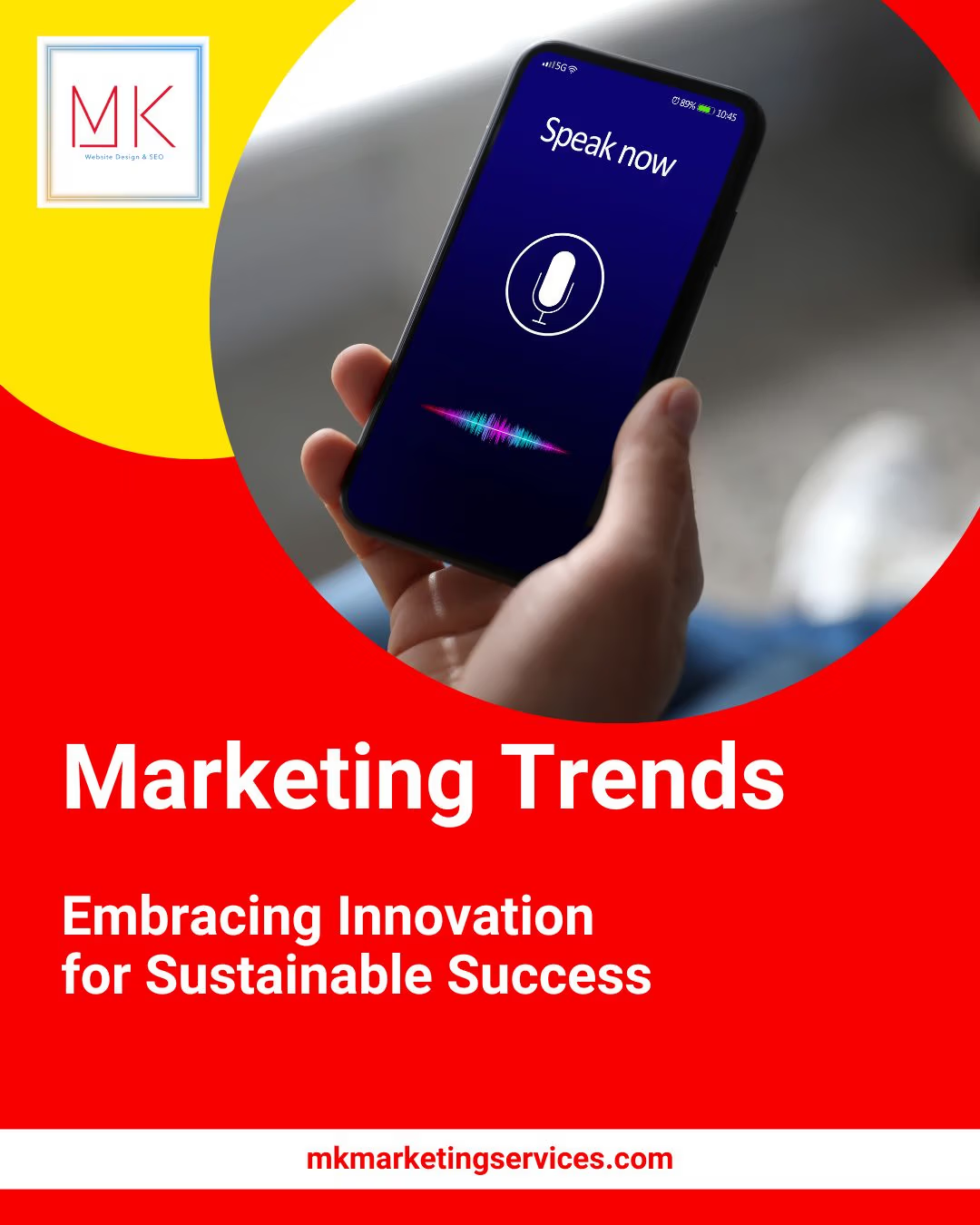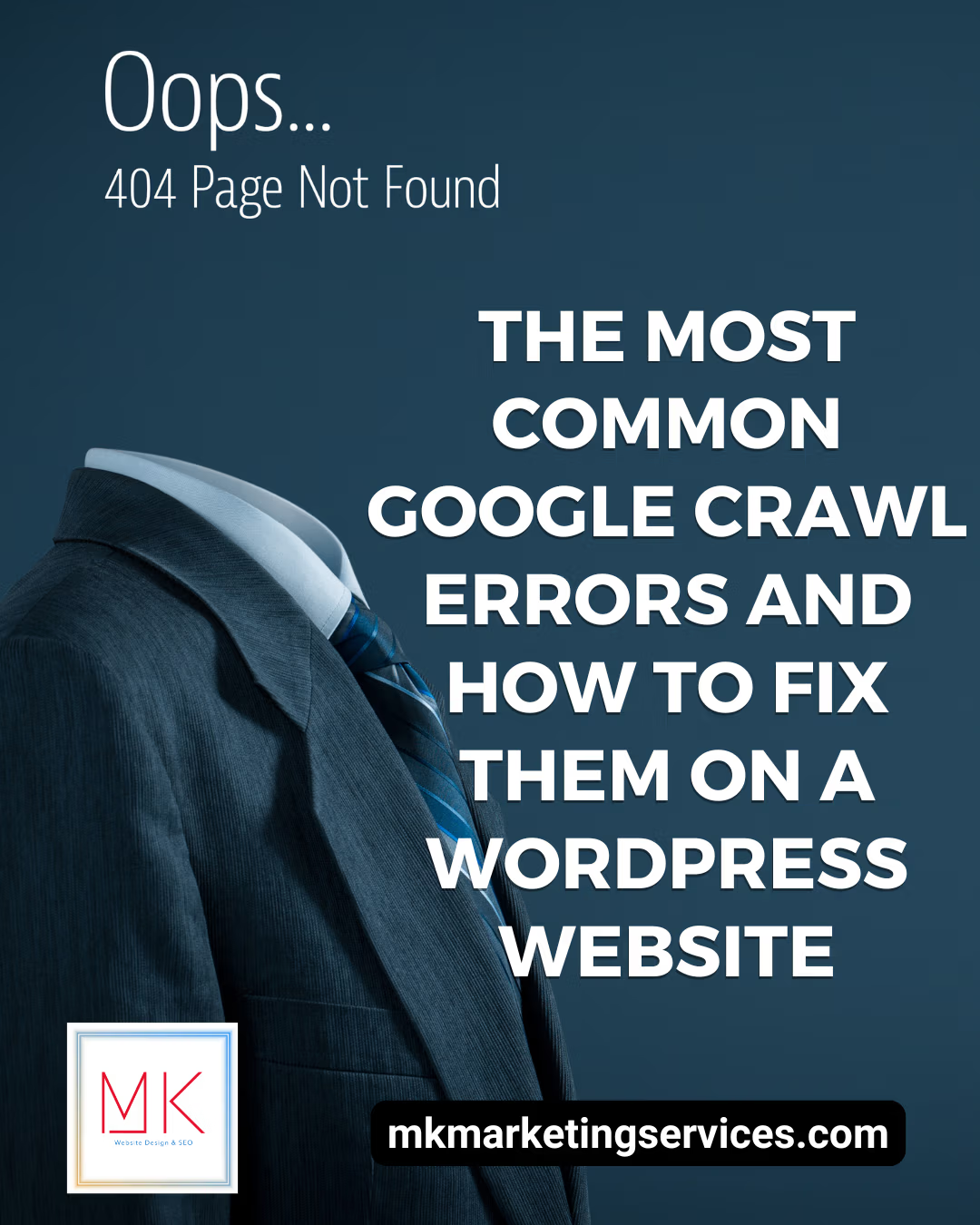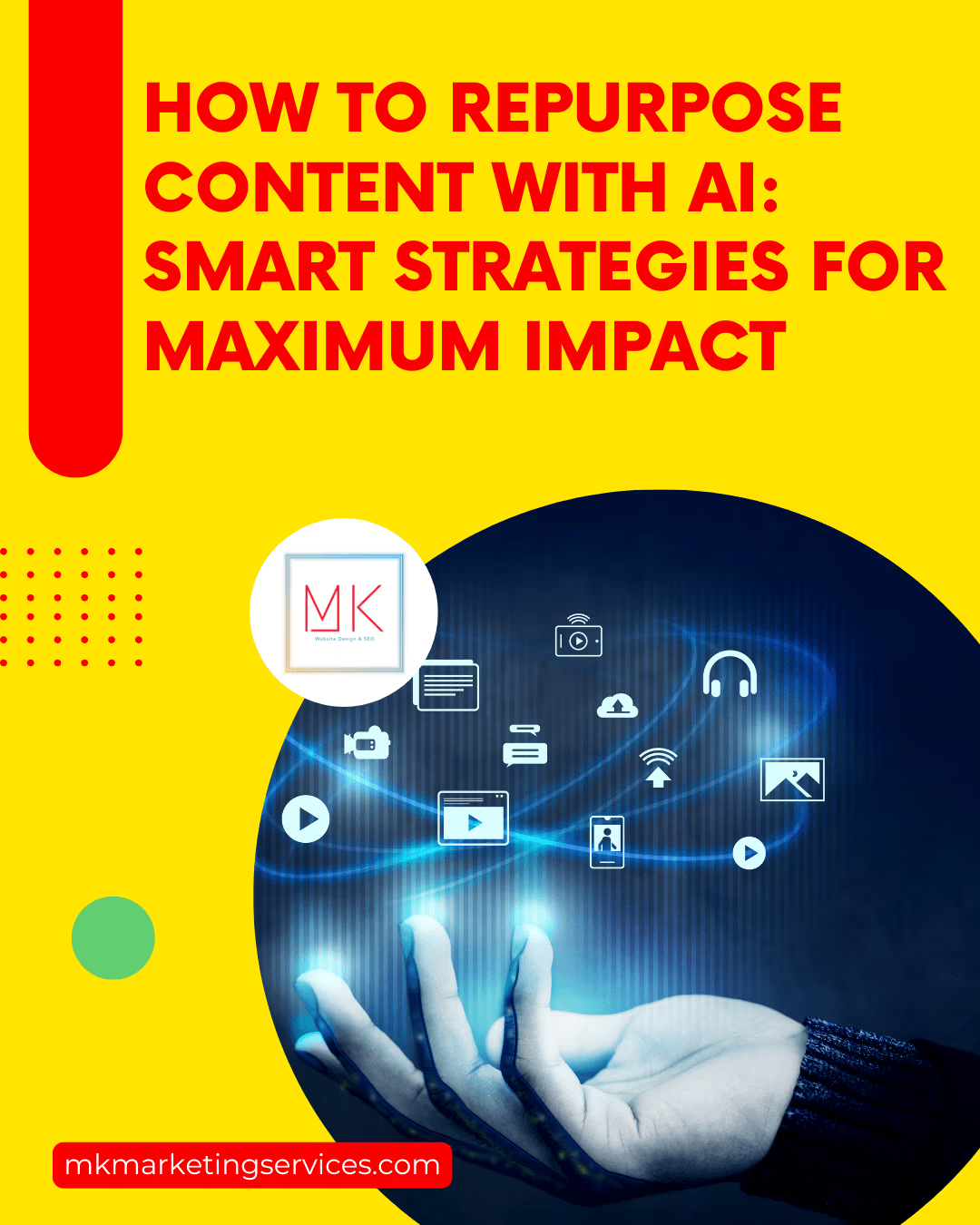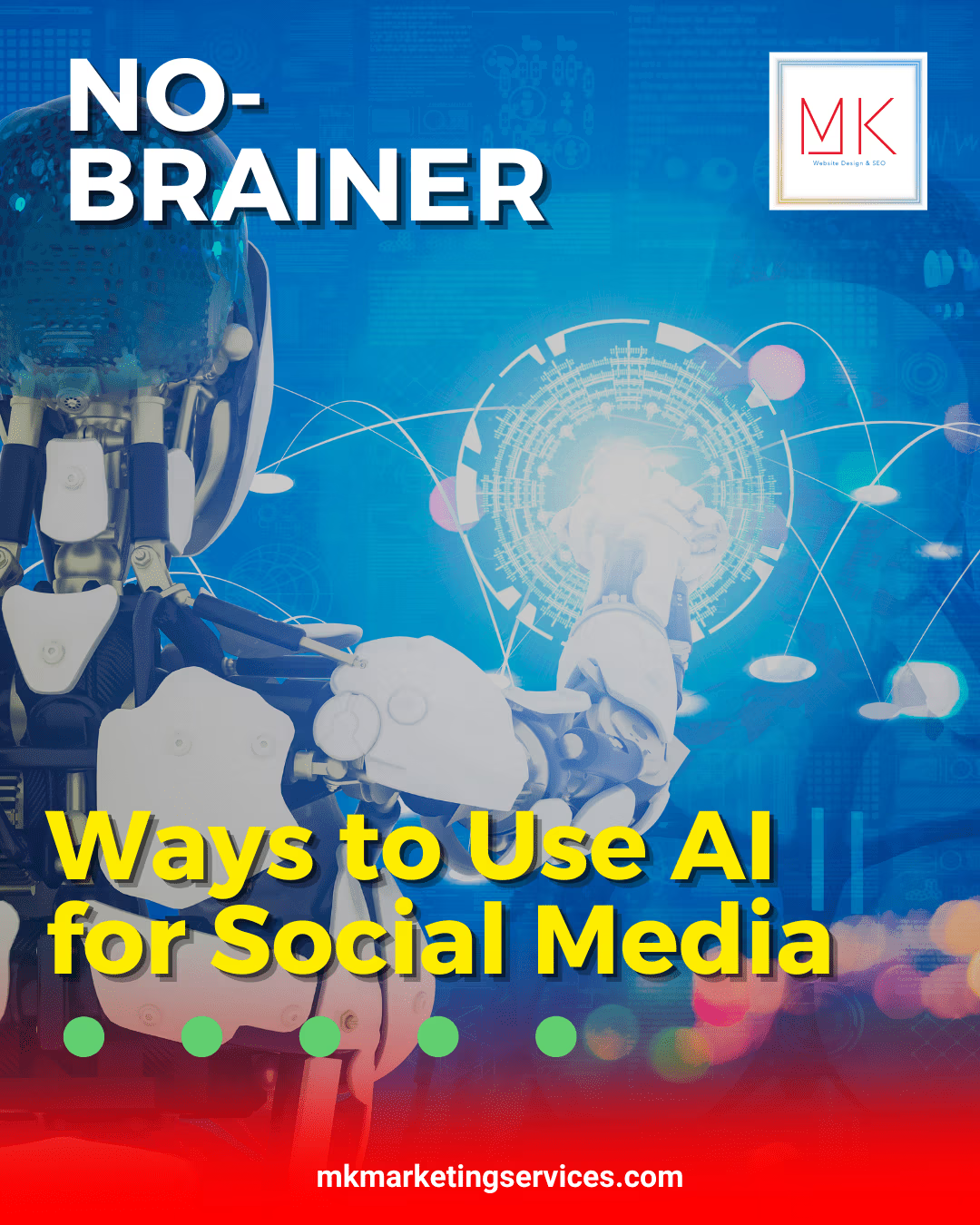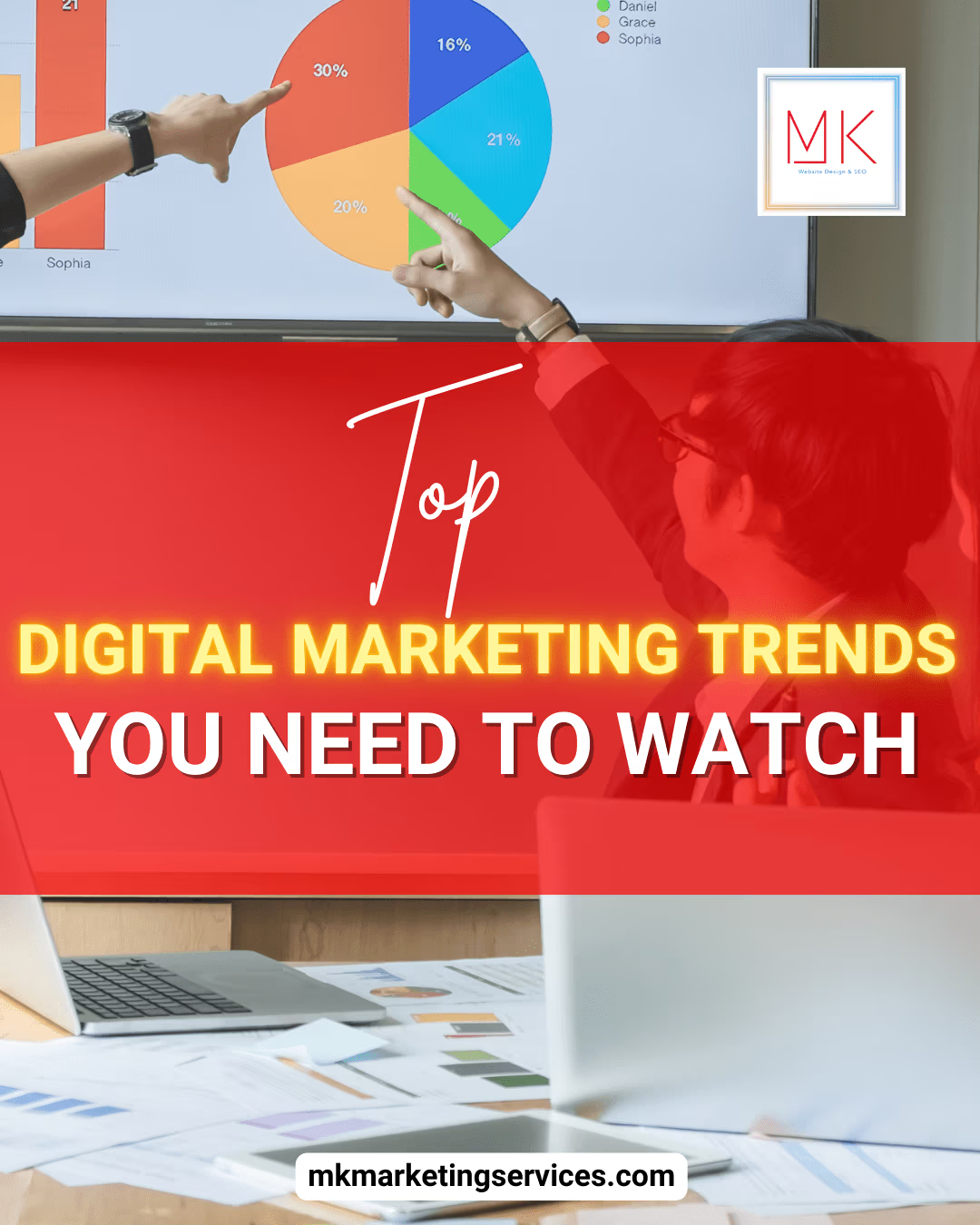The world of marketing is constantly evolving, and as we enter the year 2023, marketers are facing a landscape shaped by technological advancements, shifting consumer behavior, and a focus on sustainability. To stay ahead of the competition, businesses need to adapt to these emerging trends and integrate them into their marketing strategies.
- Personalization at Scale
Personalization has been a buzzword in marketing for several years, but in 2023, it has evolved into a critical aspect of successful marketing campaigns. With advancements in artificial intelligence and machine learning, marketers can now leverage vast amounts of data to deliver highly personalized experiences to consumers.
Rather than simply addressing customers by their names, personalized marketing now extends to tailoring content, product recommendations, and offers based on individual preferences and behaviors. Businesses are utilizing customer data platforms and sophisticated algorithms to segment their audiences effectively, resulting in better engagement and increased conversion rates.
- Augmented Reality (AR) and Virtual Reality (VR) Experiences
As AR and VR technologies become more accessible and user-friendly, they are transforming the way brands interact with consumers. In 2023, marketers are using AR and VR to create immersive experiences that bridge the gap between the physical and digital worlds.
From virtual try-on experiences for fashion and beauty products to interactive product demonstrations, these technologies allow consumers to engage with products before making a purchase. As a result, brands can build stronger emotional connections with their target audiences and drive higher brand loyalty.
- Influencer Marketing 2.0
In 2023, the concept of influencer marketing has evolved beyond simple endorsements from social media stars. Businesses are now focusing on long-term collaborations with influencers who align with their brand values and can effectively communicate their brand story.
Influencers are seen as brand advocates rather than just advertising partners. They are involved in co-creating content, participating in product development, and engaging in meaningful conversations with their followers. This approach not only enhances authenticity but also helps brands tap into niche communities and target specific segments more effectively.
- Purpose-Driven Marketing
Consumers today are more conscious about the social and environmental impact of the products and services they choose. In response to this shift in consumer values, purpose-driven marketing has gained significant traction in 2023.
Brands are aligning themselves with social and environmental causes, demonstrating their commitment to making a positive difference in the world. Whether it’s through sustainable sourcing, carbon-neutral initiatives, or supporting charitable organizations, purpose-driven marketing helps build trust and fosters a deeper connection with consumers.
- Voice Search Optimization
The rise of voice-enabled devices and virtual assistants has given birth to a new trend in marketing: voice search optimization. As more consumers rely on voice commands to search for information and make purchases, businesses must optimize their online content to be voice-search friendly.
This includes using natural language in website content, incorporating frequently asked questions (FAQs) that cater to voice searches, and ensuring that location-based businesses are well-optimized for local voice search queries. Voice search optimization not only improves search engine rankings but also enhances the user experience.
- Omnichannel Marketing Integration
Omnichannel marketing is not a new concept, but in 2023, it has become a necessity for businesses to provide a seamless experience across multiple touchpoints. Consumers now expect a consistent brand experience whether they interact with a brand through social media, a mobile app, a website, or a physical store.
By integrating data and communication channels, businesses can better understand their customers’ journeys and deliver personalized messaging at each stage of the buying process. This holistic approach to marketing ensures that no matter where consumers engage with the brand, they receive a cohesive and compelling experience.
- Privacy and Data Protection
With increasing concerns about data breaches and privacy violations, consumers are becoming more cautious about sharing their personal information. In response, marketers must prioritize data protection and transparency in their marketing practices.
In 2023, businesses are adopting stricter data protection measures, obtaining explicit consent from consumers for data collection, and providing clear explanations of how data will be used. Brands that prioritize data privacy build trust with their customers and are more likely to succeed in the long run.
Adapting to the marketing trends of 2023 is not just a choice, but a crucial imperative for businesses looking to thrive in an ever-evolving marketplace. The marketing landscape is constantly evolving, driven by advancements in technology, changing consumer preferences, and market dynamics. By embracing the trends of 2023, businesses can gain a competitive edge and position themselves for long-term success.
Written by Larry Kim

